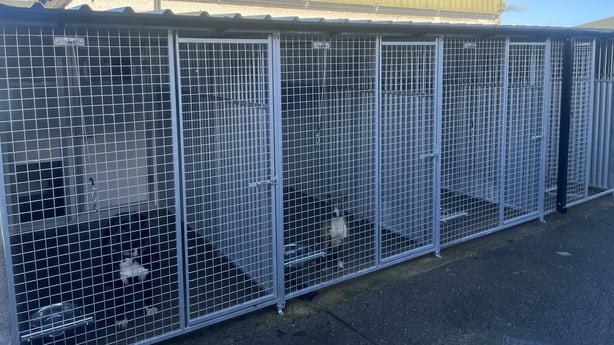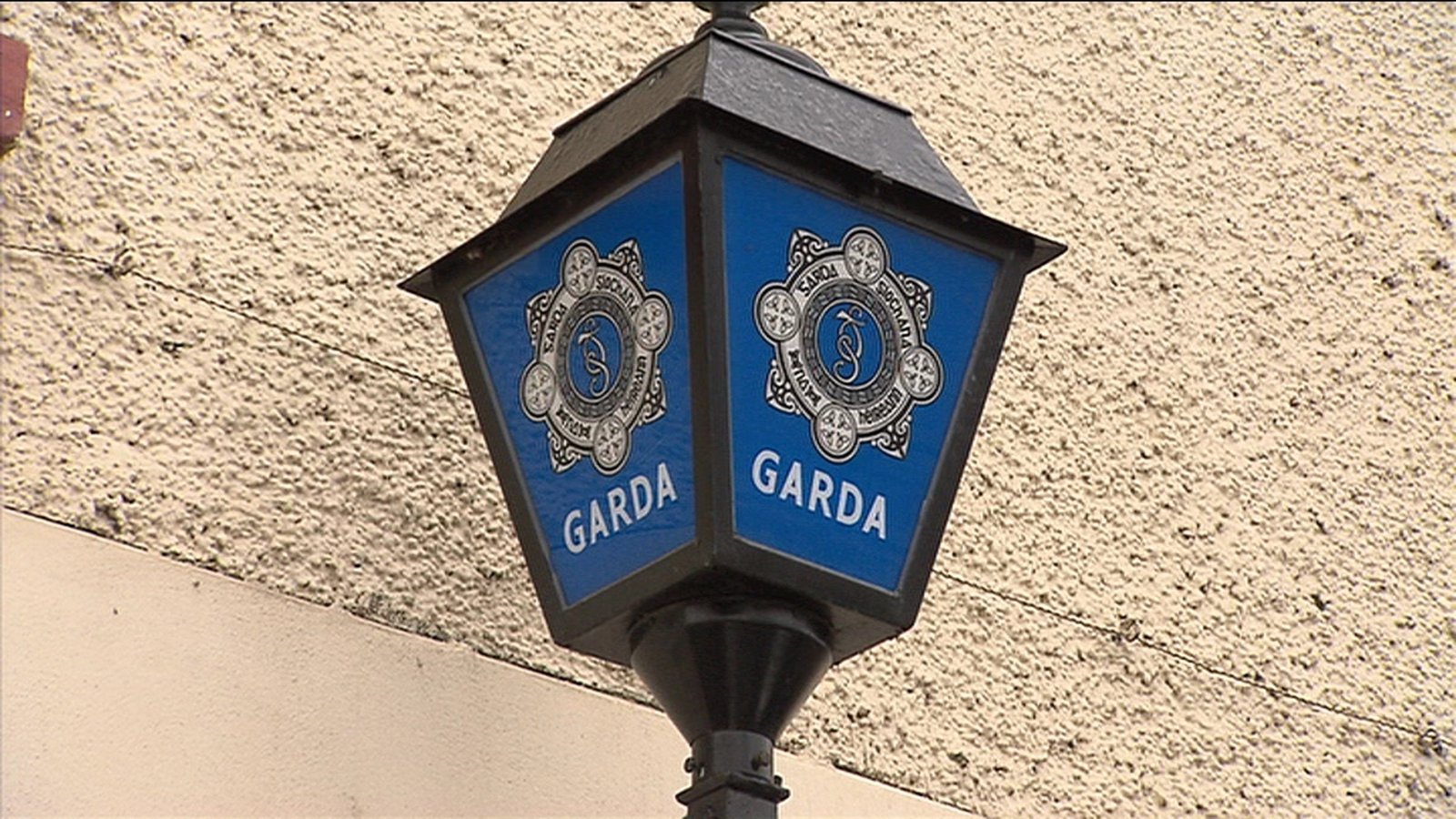75% increase in cruelty cases for prosecution

The Irish Society for the Prevention of Cruelty to Animals has said it has seen a 75% increase in case files submitted for potential criminal prosecution.
The charity said it has to be very selective and can only take the worst cases due to there being just nine inspectors countrywide.
‘Smyth’, a Rhodesian Ridgeback, was in an emaciated state when he was rescued and Conor Dowling, chief animal welfare inspector, said the dog was removed by a colleague of his working in Co Tipperary.
“He was emaciated at the time of his removal, living in a yard with all sorts of hazards – broken glass and all sorts. His owner was an extremely difficult person to deal with. My colleague endured a lot of abuse, even with the gardaí present, but they got Smyth out of there and now he’s fully recovered and ready to go to his new home”, he said.
Mr Dowling said most of the dogs at ISPCA Wicklow in Rathdrum came through inspectors as a result of them responding to welfare reports from concerned members of the public.

“We go out and if inspectors aren’t happy with the manner which dogs have been kept, they will either look for a surrender, or if they can’t get that, they look to the local authority to seize dogs kept in inappropriate circumstances.
“The backgrounds of these would be very varied, from not so serious to very serious. In one instance last year we removed 115 dogs from one house, so the backgrounds are very varied,” he added.
The ISPCA said it has seen a 49% rise in dogs surrendered due to animal welfare concerns between January this year and the end of November last year compared to the same period in 2022/ 23.
Seizures and surrenders of cats increased by 44% in the same period, it said.

“During the pandemic, there were a lot of dogs being produced. There’s excess numbers there. There’s some people who are now struggling to cope with the dogs that they took on.
“That’s compounded by a cost of living crisis, people might be financially struggling to cope. It’s then impacting on rehoming, because people who were thinking about getting a dog for years went ahead and did it now that the market is saturated.
“All of those factors coming together means we’ve got more dogs in the country, more dogs ending up in the hands of the wrong people in larger numbers as well, more dogs coming through inspectors and less homes to rehome them at the end of it.
“We’ve seen post-Covid a rise in all areas and the statistics show that we’re busier in every area and the number of calls went up about 25%. The number of dogs increased about 50% and that’s against the backdrop for inspectors having to be selective about what they can remove because we’re so short of space, because our resources are so stretched, they’re really prioritising the dogs that they remove.
“I don’t see that changing”.
He said; “we need more resources and not just inspectors because more inspectors generate more dogs, we need more facilities and more kennelling.
“Last year we were forced to invest hugely in private kennelling, which wasn’t budgeted for, and it’s been a huge additional cost,” Mr Dowling said.

CEO at the ISPCA Dr Cyril Sullivan said there also needs to be improvements around legislation and enforcement.
“The issues in terms of our enforcement are that we have 3000 calls coming to our animal helpline in Longford. We have 10,000 calls, 3000 which go to inspectors, and we have about 30 prosecutions a year.
“We’d like to see a significant development under the dog breeders’ establishments, numbers capped in terms of numbers going into the recognised as an establishment because they can be unlimited and that can create significant difficulty for us.
“Also, what we’re finding is that one local authority might be very interested and another might have it further down this agenda and we want to see enforcement, we want to see integration with other legislation. There are other issues around restricted breeds of dog and that needs to be revised.
“Part of the problem in terms of we’re facing at the moment relates to enforcement and relates to the legislation being developed,” Dr Sullivan said.
Inspector Conor Dowling said they also have limited time to devote to compiling files and to appearing in court.
“It’s a 75% increase in case files submitted and you know there’s a lot of work that goes into that. It’s not just what happens on the day.
“Afterwards you have to go and prepare your evidence, put it together, submit it, and then you have to go to court. And the way our system works, it’s not done in a day you normally you might be in court two or three dates.
“In the next couple of weeks we’ve got about nine court dates and potentially could be looking to have inspectors off the road for up to a week.Although it’s a 75% increase, it could probably be more if we had the time and the resources to devote to preparing more case files,” Mr Dowling said.





